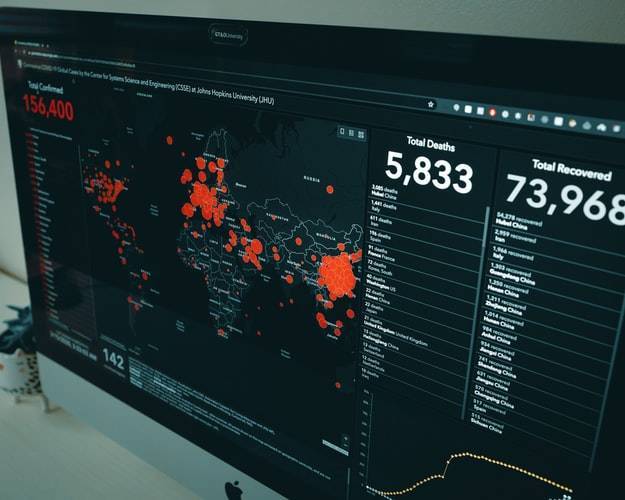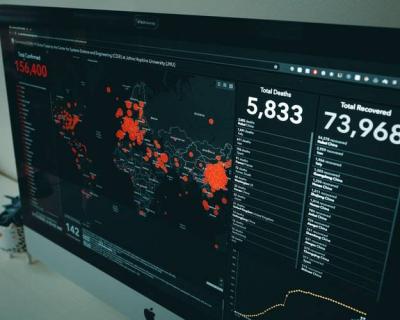Bloomberg reported that a significant Chinese study investigating the origins of the COVID-19 outbreak was delayed for 18 months, despite containing information that could have changed the course of the pandemic if taken seriously. The study included meticulously collected data, supported by photographic evidence, and bolstered the initial hypothesis of scientists that the outbreak originated mainly from the transmission of the virus from infected wild animals, a theory that prevailed until the lab leak hypothesis emerged during scientific research.
Since the World Health Organization's office in China reported the emergence of the disease in late December 2019, the coronavirus has caused the deaths of 4,370,427 people worldwide, according to a tally by Agence France-Presse based on official sources. The study, published last June in the electronic scientific journal Scientific Reports, revealed that mammalian animals known to harbor the coronavirus, such as minks and civets, were sold openly for years in stores throughout the Chinese city of Wuhan, including the Huanan Seafood Wholesale Market, where many early COVID-19 cases were reported.
Bloomberg stated that had the study been announced immediately, the search for the virus's origin might have taken a completely different direction. The World Health Organization proposed in July a second phase of studies on the origins of the novel coronavirus in China, including a review of laboratories and markets in Wuhan, and called for authorities to be transparent.
China promptly rejected the criticisms from the Director-General of the World Health Organization, with Foreign Ministry spokesperson Zhao Lijian stating that "some information related to private life cannot be replicated and taken out of the country." The spokesperson also dismissed Tedros' comments about there being a premature attempt to discard the lab accident theory, asserting: "This issue should not be politicized."




